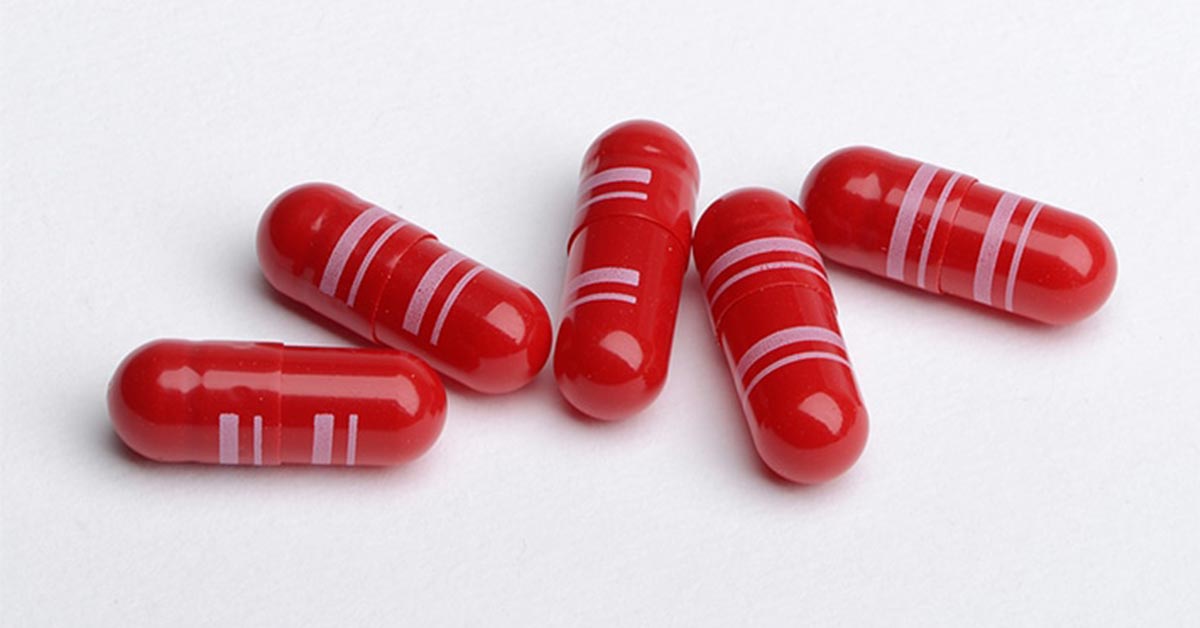This morning, Aimmune Therapeutics – the company currently ushering their AR101 peanut immunotherapy candidate through Phase III studies – issued their outlook for 2018:
- The company, which announced completion of their PALISADE (Peanut ALlergy Oral Immunotherapy Study of AR101 for DEsensitization in Children and Adults) Phase III study late last year, is set to release the topline results from that study next month. PALISADE is the largest randomized clinical trial for peanut allergy to date, enrolling more than 550 participants ages 4-55 in the US, Canada, and Europe.
- The followup open-label study to PALISADE, which allowed eligible PALISADE AR101 subjects to roll over to additional maintenance therapy and PALISADE placebo subjects to cross over to AR101 treatment, has completed enrollment and is ongoing.
- RAMSES (Real-World AR101 Market Supporting Experience Study in Peanut-Allergic Children) began enrolling participants ages 4-17 in the US and Canada in May 2017. The company expects the study, designed to gain experience with AR101 in a real-world setting without the use of a food challenge, in the second half of 2018.
- The company expects to file their Biologics License Application, the official request to the FDA for permission to introduce their therapy, toward the end of 2018.
Said Aimmune CEO Stephen Dilly:
The last PALISADE food challenge and final rollover into ARC004 in December capped a year of fantastic progress for Aimmune. Thanks to the dedication of our employees, investigators, and patients, we accomplished what we laid out at the beginning of 2017 — the completion of PALISADE, the opening and qualification of our commercial manufacturing facility, and the initiation of our additional AR101 Phase 3 studies amidst high patient demand that exceeded our projections. We also saw further confirmation of our position as a partner of choice, as we formed a clinical collaboration with Regeneron and Sanofi to study AR101 treatment with adjunctive dupilumab, and we continued to benefit from our important relationships with Nestlé Health Science and Golden Peanut and Tree Nuts.
We’re looking forward to even more progress in 2018, especially sharing the topline results from our pivotal Phase 3 PALISADE trial of AR101 in February,” said Dr. Dilly. “We’re hopeful that we’ll see data that strongly support the final steps toward a viable treatment for peanut allergy, and we’re eager to apply our expertise to programs for additional allergens.
Aimmune anticipates its next investigational therapy to be for egg allergy.





